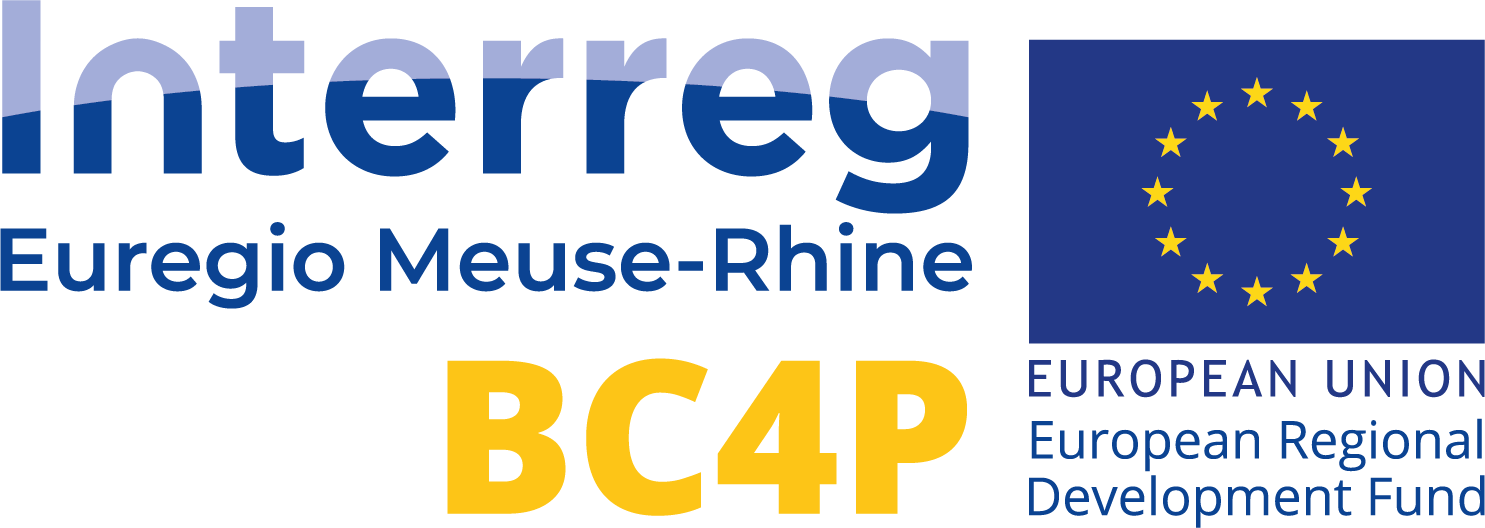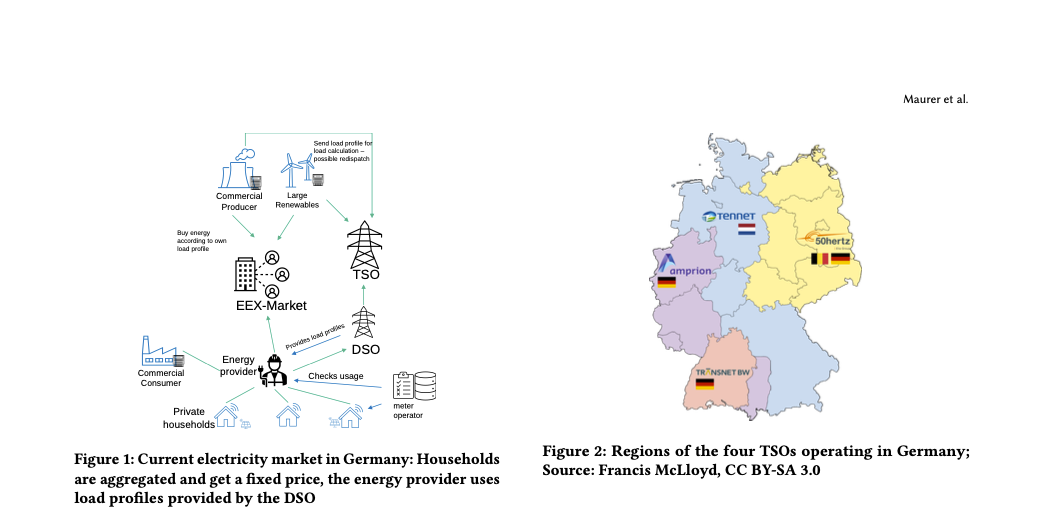Publication T1.1.7_A novel architecture for a Peer-to-Peer Energy Market
According to the blockchain technology Gartner Hype Cycle, decen- tralized exchanges can be seen as one of the innovation trigger tech- nologies with high expectations. Decentralized Peer-to-Peer (P2P) market approaches nicely fit to an emerging prosumer model in energy markets and grids. This paper provides a comprehensive analysis on blockchain technology and concepts to facilitate P2P energy-trading markets. Based on this, a novel architecture for a future P2P energy market is introduced.
The emergence of renewable power supply systems e.g. photo- voltaic systems or wind energy converters lead to particular chal- lenges in the energy market. Separate roles such as generator and consumer must be transformed into a prosumer role, leading to the particular problem of rigorously increasing the number of electric- ity generating units or market participants. As a consequence, the classical hierarchically structured unidirectional power flow has changed to a significant more complex system. Unfortunately, the current regulatory framework in Europe does not represent the actual power flow sufficiently and prevents smaller participants from joining the market [41]. Hence, the question arises whether more distributed market approaches could address this issue.
Distribution and transport grid capabilities are often separated from the energy trading – in Germany by law. While classical large scale producers and consumers can respond to the market by adapting their production or consumption, the flexibility of small prosumers is so far neither claimed nor actively used. Small prosumers do not directly participate at the market, so there is a lack of appropriate market based incentives. Several approaches [20] [37] [24] aim to solve this problem based on a peer-to-pool design. However, they are not adding any incentives to take the grid capabilities or flexibility into account. The concept for the wholesale market does not change. Recently, a strategy has been proposed that embeds peer-to-peer markets into the existing market construct, e.g. in [44].

